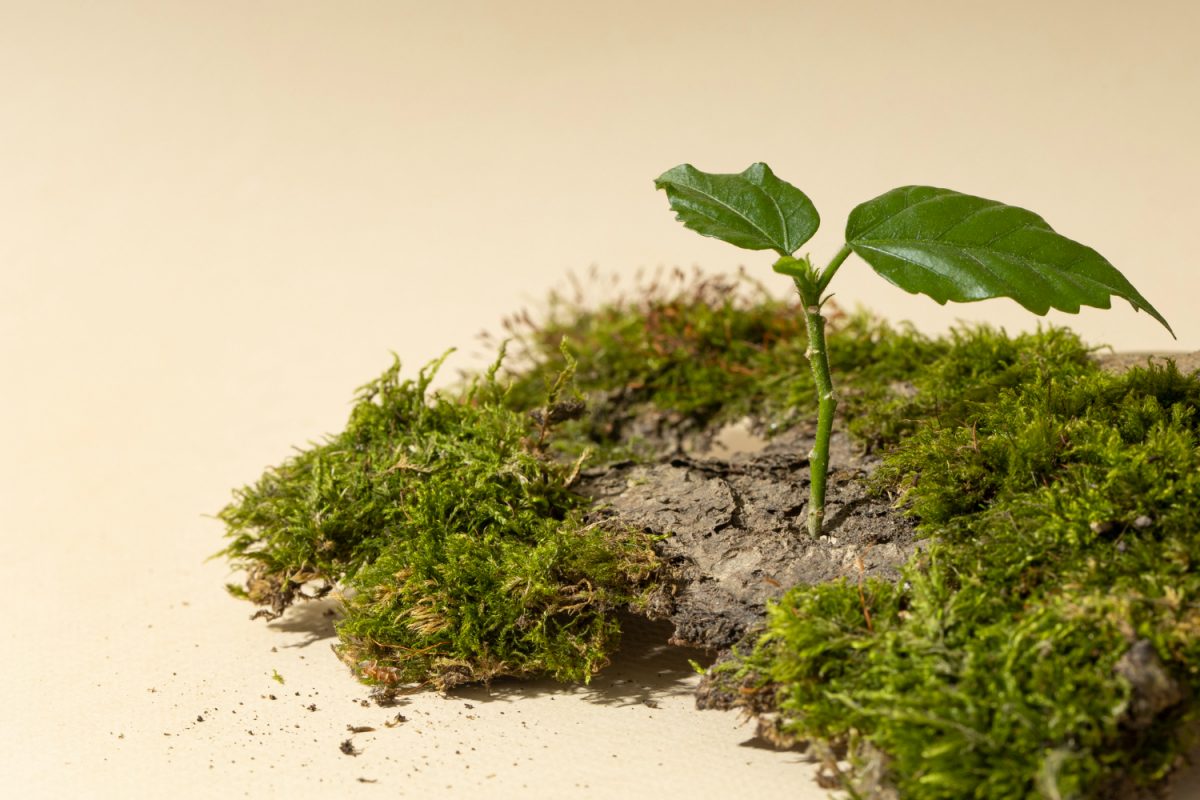The 1st and 2nd Sustainable Development Goals (SDG) are to end poverty and hunger by 2030. However, those goals now seem “out of reach,” according to a new World Bank Report that has revealed that the developments to fighting poverty has ground to a halt based on the slow global economic growth.
The slow global economic growth is majorly attributed to COVID-19 which dealt the biggest setback to ending global poverty in recent times and probably in the decades to come. Other contributions to this setback are the global economic shocks that have resulted due to rising food and energy prices as consequences of the climate shocks and conflict between Russia and Ukraine who are among the world’s biggest food producers.
This 2022 report is the first to be released by World Bank since it unveiled the new international poverty index from $1.90 to $2.15. With this, it is estimated that about 600 million individuals will be living below the poverty line and will face extreme poverty by 2030. This is a grim statistic since it is more than twice the number set out in the Sustainable Development Goals.
The projected rise in extreme poverty could lead to unprecedented global hunger, instability, less climate-resilient initiatives, and definitely low food production that will spur less and unsustainable economic growth.
The progress to reduce global poverty levels have staggered since 2014 resulting to even greater challenges in reaching out to populations in low-income economies. The 2022 World Bank Report further analyzes how fiscal policy was used in the first year of the COVID-19 pandemic to support the most vulnerable populations. It also elaborates how taxes, transfers, and subsidies impacted poverty and inequality levels in 94 countries before the pandemic in 2020, revealing and comparing insights of the effects of fiscal policy in normal conditions and during crises.





